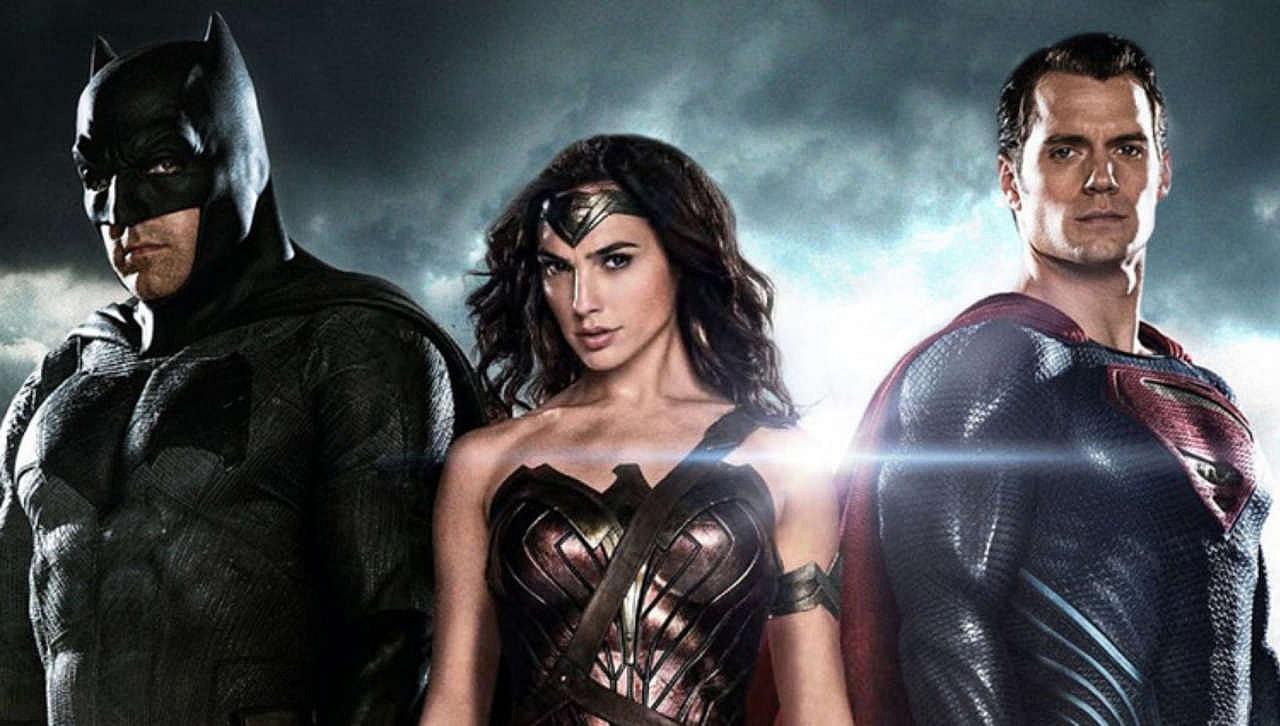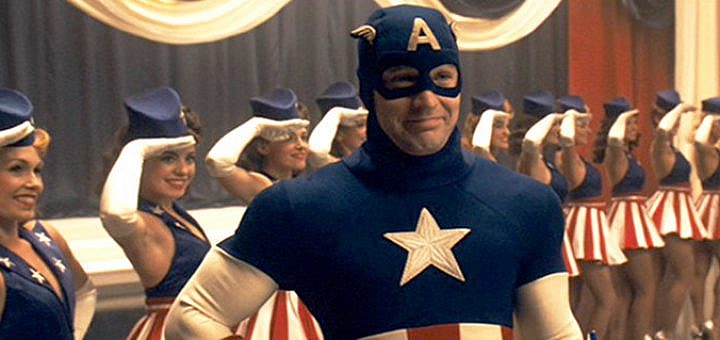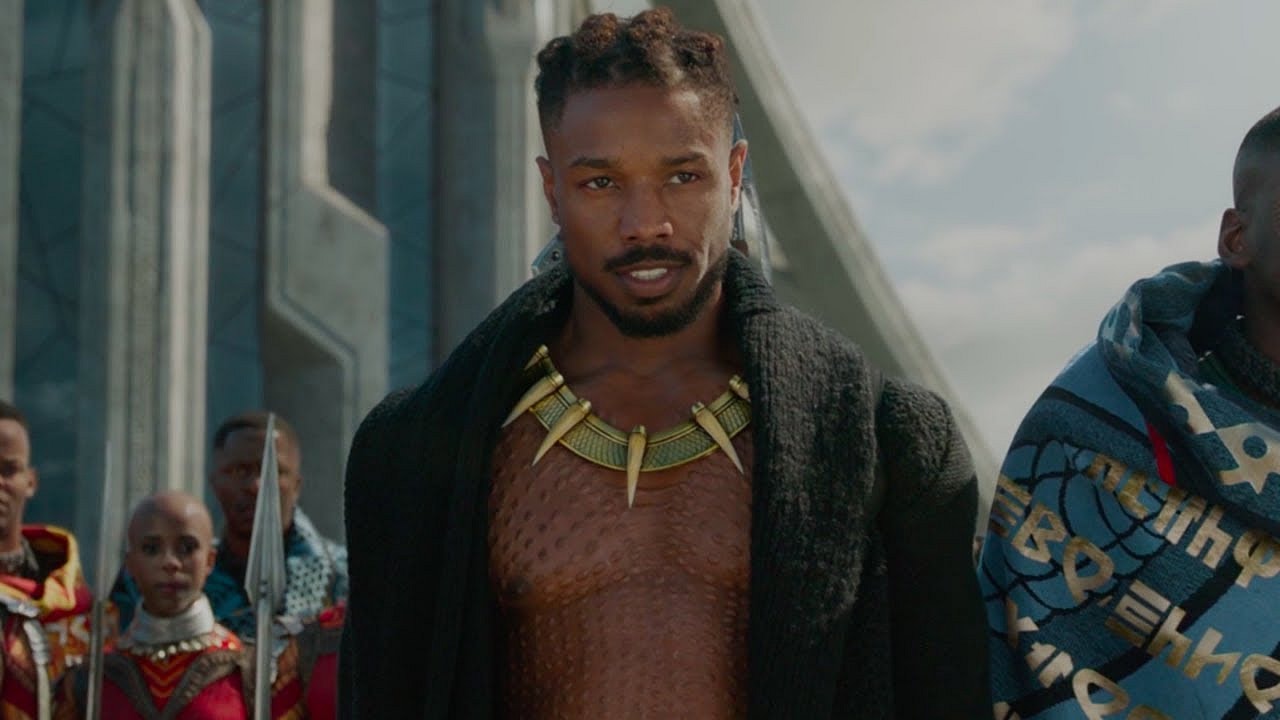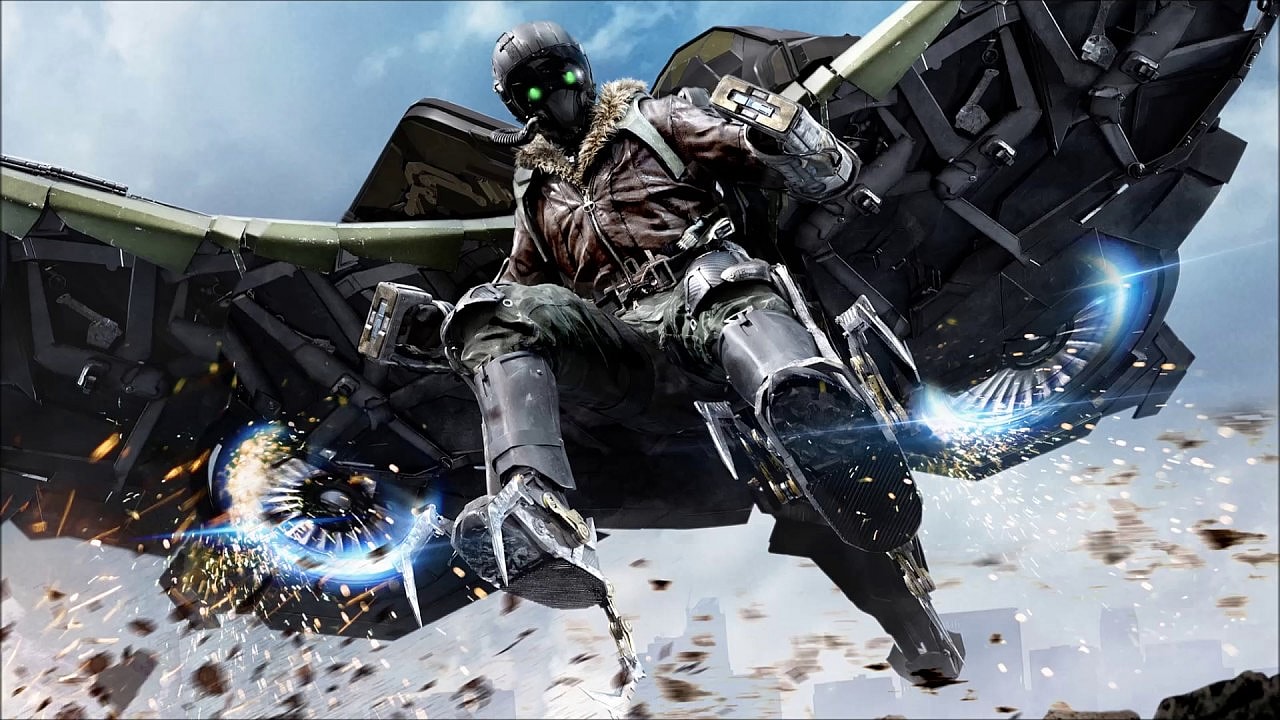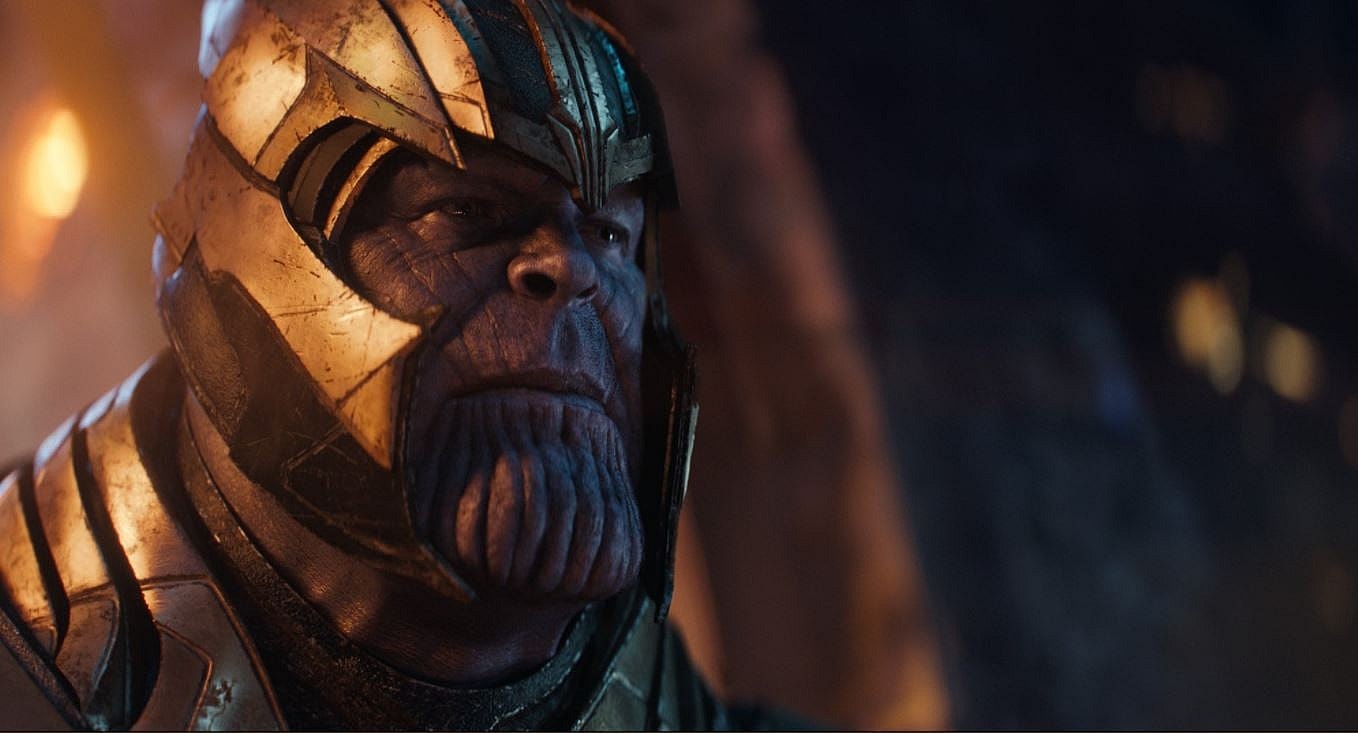Mainstream Newspaper Advocates Massacring Half of Humanity After Avengers: Infinity War
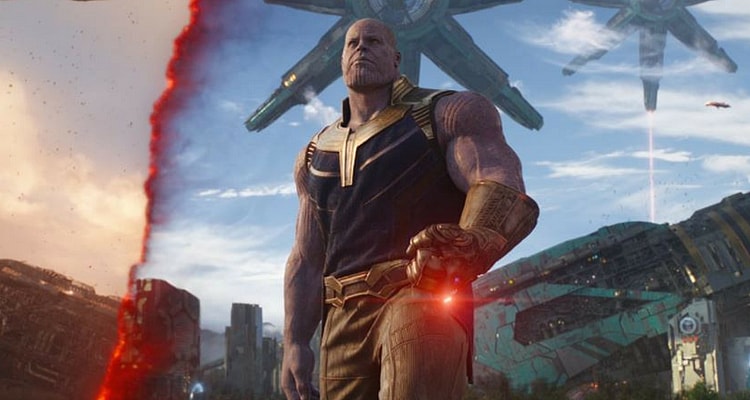
Steve Rose of The Guardian decided to ask an interesting question, What if superheroes weren’t’ the good guys? What if, they were just some “dangerous rightwing vigilantes?” Instead of the flawed, noble characters we’ve come to know and love.
Let us explore this statement, but first, we need to know, what are superheroes?
What are Superheroes?
Superheroes represent the new form of legends. For example, Laurence Maslon, author of Superheroes!: Capes, Cowls, and the creation of Comic Book Culture, calls them “our Greek myths.” In many ways they are, and each major publisher acts as a pantheon filled with the new gods of man.
Though we do not worship them in the literal sense, we do heavily see ourselves in them. We see our values, victories, and especially our mistakes. We grow up, looking up to them like our Hellenistic ancestors looked up to certain gods who displayed traits and attributes they admired. Girls today look towards Wonder Woman like hunters in the past looked towards Artemis.
But, as we know, heroes, like their mythological forefathers, also have a spotty track record in their own behavior. Zeus was a well known lustful creature. Athena and Hera became jealous of Aphrodite because she was awarded the Golden Apple. They took that jealously and put their weight behind the Greeks in the Trojan War as described in Homer’s Illiad.
What Makes Superheroes the Good Guys?
Rose believes it’s a simple answer, “Traditionally, there was a very simple reason why superheroes were the good guys: they were on our side. “Us” being the US and its allies.”
Though a very bland explanation, he goes on to use DC’s Trinity, Superman, Batman, and Wonder Woman to further explain this viewpoint:
“Superman pledged to ‘fight for the common man’. He took on the corruption and injustice that plagued his post-Depression society. Batman swore to avenge his parents’ death ‘by spending the rest of my life warring on all criminals’. Wonder Woman fought with truth and love. You could argue that Superman was more socialist-leaning, Batman more rightwing and Wonder Woman impossibly idealistic – but they were all on our side.”
This is a pretty broad generalization and even if we accept it, there’s a reason why. The heroes might have come from different backgrounds and places, they still maintain the core principle of justice. They understand the difference between right and wrong. Clark Kent might be a farm boy from Kansas, but he still knows the difference between right and wrong and what justice is. Diana Prince might come from a mythical island, but she too still understands the difference between right and wrong. The same goes for Batman who born into great wealth and shadowed by tragedy, is from an urban, seedy city, but right and wrong are still the same.
That’s the difference between heroes and villains. Heroes know what is right and fight to protect it. They also try to stop people who are doing wrong.
However, Rose appears to not see this. Instead, he points to them being heroes because they are American and align with the United States and its allies. Is there even a hint of truth in his definition of what makes superheroes good?
Are They Just “Our” Heroes?
Let’s dive into his definition. First, Rose doesn’t define who these allies could be. If you’ve studied even an inkling of United States history you know we’ve had many allies over the course of the country’s existence. While the United Kingdom might be an ally today, they were who we rebelled against back in 1776. The Japanese might be an ally today, but we waged war against them in World War II after they attacked Pearl Harbor. Even the Germans are an ally today when we fought in two World Wars against them. The Russians were an ally in World War II, but many see them as an enemy now, and they were definitely an enemy during the Cold War. What exactly is he referring to? It’s hard to figure out because he really avoids explaining it.
He also doesn’t explain what he means when he refers to the United States. Is he referring to the United States government or the people that live there?
But what I believe he is trying to say is that comic book heroes are only on the side of White, Western culture and that’s why we see them as the good guys.
However, this assumption is simply wrong. There are a couple reasons why. First, values. Certain values are just universal, no matter what post-modernists try to say, there are just certain values that are held by the vast majority of people. People understand that stealing is wrong. They know murder is wrong.
Second, their global appeal. If superheroes were just good guys because they’re on the side of the United States and its allies then how can you explain their global appeal and reach? People from across the globe look up to these characters for numerous reasons, many of which because they share something with that character whether it’s an experience or even their values. South Korean is actually the top international location for Avengers: Infinity War with ticket sales over $69 million. Mexico saw almost $50 million in sales and India was over $35 million. China will probably the lead way, but the movie doesn’t release in the country until May 11.
They’re not the good guys simply because of “‘Murica.” That’s just a simplistic view of how modern mythos has evolved over the last 50 years. So Rose’s definition of what makes a superhero good is just flat out wrong.
Heroes Work in the Real World
While Rose’s traditional definition of what makes a superhero good is wrong, he does believe that definition has changed over time. He points to two reasons. The first being that superheroes began to interact “with vaguely here-and-now political reality.” He points to Alan Moore’s Watchmen. But he takes it a step further with his characterization of Batman. He attempts to define Batman on his own terms describing him “as both judge and jury, even applying the death penalty, with zero tolerance or oversight. Put him in the real world and you get someone like Vladimir Putin or Rodrigo Duterte.”
Anyone who’s read any Batman comics would know how absurd Rose’s statement is. Bruce Wayne in no real way mirrors heads of state such as Putin or Duterte. In the vast majority of stories, Batman goes out of his way to not be the “judge and jury.” He catches criminals in the act and literally, hand delivers them to the authorities. His hallmark approach is not to even use guns, but to use his intellect and detective skills to bring down criminals.
He would then use Superman’s words from Zack Snyder’s Batman v Superman: Dawn of Justice to justify his description of Batman.
“As with the Avengers, Batman was called out on this in the recent Batman Vs Superman: Dawn of Justice. Bruce Wayne, AKA Batman, is told: ‘Civil liberties being trampled on in your city, good people living in fear … he thinks he’s above the law’. The person probing him is the Daily Planet’s ace reporter Clark Kent, AKA Superman.”
However, unsurprisingly, Rose leaves out Batman’s response, “Don’t believe everything you hear, son…The Daily Planet criticizing those who think they’re above the law is a little hypocritical wouldn’t you say? Considering every time your hero saves a cat out of a tree, you write a puff piece editorial about an alien who who, if he wanted to, could burn the whole place down. There wouldn’t be a damn thing we could do to stop him.”
Interestingly enough, Clark Kent would respond, “most of the world doesn’t share your opinion, Mr. Wayne.” He basically throws Batman’s own criticism right back at him. It’s an excellent piece of dialogue that shows how the two are using uninformed opinions to create assumptions about the others.
https://youtu.be/igDjRSMhqpA
Rose’s demonization of Batman tries to make him out to be a villain. However, he deceives his audience about what actually happens in the film in order to get his point across. This is Clark Kent’s opinion based on the Gotham Free Press’ articles he has read and his conversations with the lowlife of Gotham who was involved in criminal activities. Interestingly enough Kent’s own boss Perry White makes it crystal clear what’s happening in Gotham is normal behavior.
Clark Kent actually thinks the cops are working with Batman and he thinks Batman is targeting poor people. Perry White mocks Superman’s quest to investigate Batman saying, “Crimewave in Gotham. Other breaking news. Water. Wet.”
And as the audience knows the police are not working with Batman and he’s not targeting poor people. He’s targeting criminals who are engaged in human trafficking and other nefarious crimes. An actual viewing of the movie debunks most of Rose’s idiotic perceptions of Batman.
https://youtu.be/T1GSnipRR3U
And while Rose completely misunderstands Batman, the idea that the definition of a superhero would change because they work in the real world is just completely bogus. Superheroes were operating in the real world in comics long before they made it to the big screen. And if you even look at film history, it’s not hard to see that cowboys were the equivalent of superheroes today. And there were bad cowboys and good cowboys. Their allegiance to the United States didn’t make them good or bad. It’s was their moral outlook of the world. The values they believed in and the heroic actions they took in defense of those values.
American Attitudes Post 9/11
The second change Rose points to is the attitude of the American public in the post 9/11 world. He elaborates:
“The other change was the direction of US and western politics. That post 9/11 moral certainty rapidly evaporated as the “War on Terror” and the invasion of Iraq and Afghanistan brought torture, extrajudicial killing, “collateral damage”, deception, mass surveillance and other abuses into the court of “the good guys”. Around the same time, superhero movies were entering their team-up phase, with the Avengers and Justice League. Questions of individual values became more complex questions of collective values – of power and its abuses, of loyalties personal, political, even planetary.”
He points to the evolution of Captain America in Captain America: The First Avenger, Captain America: The Winter Soldier, Captain America: Civil War to make his point. He tries to make out Captain America’s choices in the three films shows how his traditional definition of a hero doesn’t really exist. Captain America was gung-ho with the United States of America’s government in the first film, but he rejects them in the second film because of their immoral actions and then in Civil War, he refuses to sign the Sokovia Accords and the will of the United Nations.
Based on Rose’s warped definition of a superhero being tied to the United States, he doesn’t understand why a hero like Captain America would defy the government. He doesn’t understand that the mass surveillance state, extrajudicial killing, torture and more are wrong and will always be wrong. A superhero stands up to those wrongs just as Captain America did. Captain America is the hero people get behind in Civil War because he’s the one making the right decision. He even shows forgiveness for Bucky Barnes, something Tony Stark could not do.
The Villains are the Real Heroes
Since Rose can’t grasp why a hero is a hero, he sees the villains as the real “heroes.” He points to Marvel Studios’ Black Panther film to make his argument.
“Michael B Jordan’s antagonist Killmonger was widely regarded as one of the best things about the movie and with good reason: he’s not really bad at all. His grievances are actually perfectly valid: how could resource-rich Wakanda stand by and let all these atrocities – slavery, colonialism, world wars, racism – happen to their African brothers and sisters? Wakanda is like a Black Switzerland. It stands aloof and neutral (come to think of it, so does Wonder Woman’s home, Themiscyra). Killmonger is defeated, but he wins the argument: Black Panther realises he’s not the good guy! At the close of the movie, Wakanda begins to engage with the rest of the world, albeit on its own limited terms, which are a far cry from the armed uprising Killmonger had in mind.”
Rose is right, Killmonger is defeated. However, he doesn’t win the argument. Killmonger’s own drive isn’t noble in the least. The man is driven by a lust for power. He wants to utilize Wakandan technology to sway the entire world to his side, and he means to do it through force. He wants to subjugate the world under his tyrannical rule, and he’s willing to kill who knows how many people to do so.
Seeing this T’Challa does everything in his power to defeat Killmonger and protect Wakanda’s interest and its people. Does he slowly open to the rest of the world? A little, but he dictates the terms of how they interact with the world. And that’s not Killmonger’s argument in the movie, it’s Nakia’s argument. She wants T’Challa and Wakanda to work with the world to make it a better place. She doesn’t want to see it become a conquering nation like Killmonger. T’Challa keeps Wakanda at heart and the rest of the world at arm’s length. In this, we see T’Challa still believing in putting the people of Wakanda first, but now he feels a duty as a monarch of a great land to help others in their time of need.
This is something a hero does. Like normal humans, they learn, yet maintain their core values. Once again, an actual viewing of the movie might help Steve understand the characters’ motivations and values.
[totalpoll id=”40982″]
A Hidden Socialist Love Letter
While, Rose tried to make a warmongering villain into a hero, his next two examples show that he’s actually trying to push the ever-failing political ideology of socialism. He points to Michael Keaton’s Vulture in Spider-Man: Homecoming and Tom Hardy’s Bane in The Dark Knight Rises. Rose believes both of these villains are somehow heroes because they support this ideology and that they support class warfare. He points to one-liners from Vulture’s colleagues saying, “A lot of the assholes who made this mess are being paid to clean it up,” and the fact that Vulture’s salvage firm went out of business when it lost a contract to Tony Stark’s firm.
Rose then mischaracterizes Iron Man much like he did Batman. He calls him “the billionaire weapons manufacturer and corporate predator who inherited his wealth.” I’m almost at the point at believing this guy hasn’t actually seen any of the movies he points to. If you watch the first Iron Man, Tony Stark ends his weapons manufacturing business other than his own personal Iron Man suits.
https://youtu.be/4YP1fBAdbuE
Tony might have inherited the company from his father, but he also built upon and expanded it with his own inventions.
https://youtu.be/GwO4B_0nfCo
Is Tony Stark a human? Does he make mistakes? Yes. But he also learns from those mistakes and makes decisions that are heroic. He understands that selling weapons to terrorists that are killing Americans is wrong. He always knew that, he just didn’t know his company was doing it. When he discovers it, he makes an immediate decision to shut down the arms business. Once again he shows his heroic nature. On the other hand, Obadiah Stane attempts to murder Pepper Potts and Tony Stark after his plan was outed.
And as far as Tony making the mess with the Battle of New York, which Rose points to, that is completely false. Tony actively defended the city and prevented it from being struck by a nuclear missile launched by S.H.I.E.L.D.
But Rose would double down with his argument that socialist villains are actually heroic with Bane and The Dark Knight Rises. He believes Bane is a hero because he “bankrupts Wayne, exposes his political lies and provokes a popular uprising in Gotham City. At one point, he literally occupies Wall Street. ‘We take Gotham from the corrupt! The rich! The oppressors of generations who have kept you down with myths of opportunity, and we give it back to you … the people.'” He believes this is all heroic activity. But once again he fails to actually describe the film in an honest fashion.
Bane, like any good communist leader, doesn’t give a crap about the people of Gotham. He uses them as idiot stooges to achieve his plan of annihilating the entire city. He occupies Wall Street with armed thugs as they murder a number of security guards. The popular uprising is anything, but that. They trap the police underground. Most of the citizens in New York City are disarmed as Bane and his League of Shadows are the only ones with any kind of firearms. They drive around the street in tanks. He also murdered a number of people including the mayor before giving the speech Rose references. He bombs the city then blows up all the bridges leading into it, ensuring all the citizens are trapped on the island. That’s all real heroic isn’t it, Steve?
But that wasn’t the worst of Bane’s plans. He’s still a member of the League of Shadows and he plans on blowing up the entire city with a nuclear bomb. Bane is the one who actually offers a false myth. He claims one thing, but actually offers another. He says he offers liberation, but it’s really death. Before he gives the speech above where he frees Gotham’s criminals, Bane holds Gotham prisoner with a primed neutron bomb.
This again shows that Rose completely misses the mark. He willingly distorts the villain’s motives to push a classist, socialist agenda forward.
Thanos The Mass Genocider
After all of this, Rose now decides to attempt to justify Thanos’ insanity that wills him to wipe away half the living beings in the entire universe. The Mad Titan claimed by Rose just “wants to restore balance to the universe.”
He then quotes Thanos:
“The universe is finite, its resources are finite. If left unchecked it will cease to exist… So many mouths and not enough to go round.”
This argument is eerily similar to what eugenics in the 1920s used to justify the murder of those they felt were inferior to them. This argument isn’t only dangerous, but in reality truly elitist. Who decides who is worthy of resources? Two of the most vile ideologies of the 20th century, communism and Nazism, practiced this behavior. It’s sickening The Guardian would even promote something like this because they both belong in the trash heap of history.
Rose justifies Thanos’ actions because he believes that human existence is unsustainable and that climate change and environmental destruction are inarguable threats.
“Thanos’s methods are hardly humane, but there is a logic to his argument: climate change and environmental destruction are inarguable threats. Human existence is unsustainable. But Avengers gotta avenge. Rather than debating the validity of Thanos’s arguments and acknowledging that something ought to change, the superheroes once again fight tooth and nail to preserve the status quo.”
Rose is literally advocating for killing half of the people on the Earth. This is absolute INSANITY! These are the words of a psychopath. These are arguments used by the likes of Josef Stalin and Mao Zedong in the past and now used by the far left today. The drumbeat of overpopulation and resource scarcity has been going on since the 1960s. The Population Bomb predicted famine, droughts, and mass deaths coming in the 1970s and 1980s. And as we can all see that hasn’t been the case.
Those fears have been proven wrong thanks to the miracle of the market and price information. AKA Capitalism.
But Rose wasn’t done there. His final point is the ends justify the means argument. He believes killing half of humanity is good because it unites the Avengers. This is sheer madness!
“Avoiding spoilers, one thing Thanos’s rampage does achieve in Infinity War is to unite the divided factions of the Avengers. They’re all the good guys again. In the face of his existential threat, all other differences pale into insignificance. Here, at last, is a message that the outside world could really do with hearing.”
Now granted, seeing the Avengers united is good, but Rose once again proves he didn’t actually watch the movie. The Avengers are not united. Tony Stark is on Titan and Captain America and company are in Wakanda. They didn’t contact each other. They haven’t made up yet. Will they in Avengers 4? Probably. But they haven’t yet and it’s possible they might still be divided.
But as I know, one thing humanity is good at believe it or not is coming together in times of crisis just look at the relief efforts after September 11, 2001 or more recently with the hurricanes in Houston and Florida. Just like our heroes, most people will come together to do the right thing and help each other out.
Are Superheroes the Good Guys?
Let us come around to the original question. Are superheroes really the good guys? Yes. They are. Do they make mistakes sometimes? Yes. Do they learn from those mistakes? Yes. Do they still maintain their core universal values? Yes. They understand that murder is wrong. Something that Thanos, Bane, Killmonger, and Vulture simply do not.

